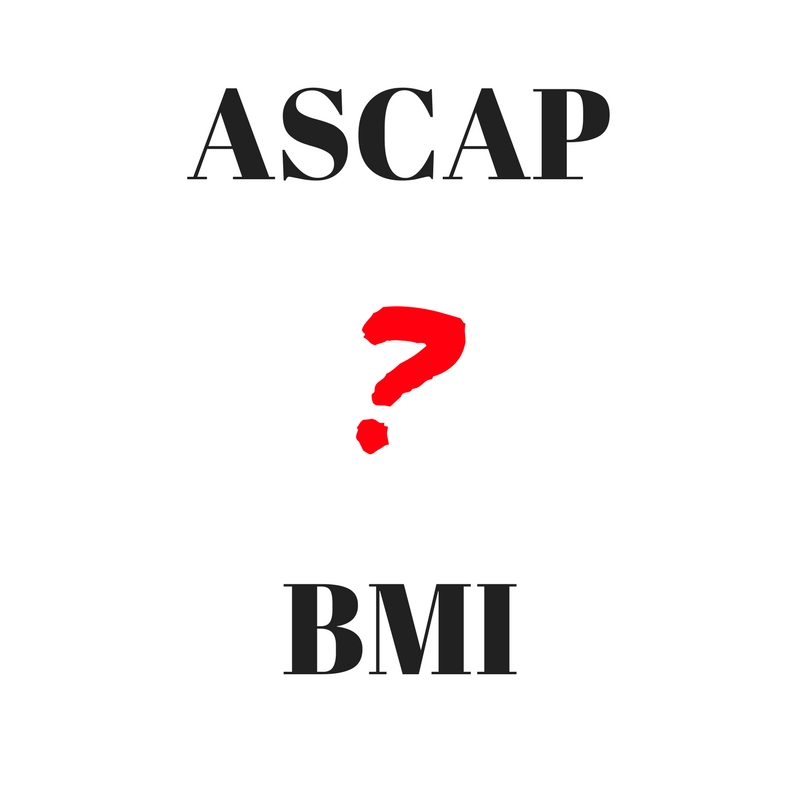How to View the Race for Transparency in the Music Industry
Change is coming sooner than you might think in the Music Industry. On July 20th congressman Jim Sensenbrenner introduced the Transparency in Music Licensing and Ownership Act to congress. The purpose of the bill is to create a single licensing database that will make licensing music and paying artists a much simpler process.
“When it comes to rules and regulations, simpler is always better. Streamlining the music licensing process into one, easily accessible database is a straightforward way to help our nation’s business owners while ensuring copyright owners are fairly compensated for their work.” – Sensenbrenner
The digital age hurt the music industry making label heads pockets much lighter with free music downloads. The industry has just recently begun to see profits thanks to streaming, but this has far from solved EVERYTHING wrong with the industry. This bill will be a step forward for the industry bringing a simple and transparent solution for business owners and artists who have been lost in the shuffle or sued because of the current archaic method of licensing music.
Death of the Performing Rights Organization

This act would likely eliminate the need for PROs like ASCAP or BMI that are tasked with managing licenses as well as collecting and paying out royalties. Companies that play music publically like restaurants have to go through PROs in order to do this legally. But each company holds copyrights to different songs making the process confusing for business owners. On Top of that, the current method used by these PRO’s to pay copyright owners is wildly inefficient leaving many song collaborators un-properly compensated.
“The problem, simply stated, is that when a venue wants to play music, they turn to the performing rights organizations that offer blanket licenses covering millions of songs within their respective catalogs. However, this process is inefficient, confusing and costly to bar and restaurant owners. Without a clear database of options and licensing requirements, business owners are often left to guess what licenses they need and what products they’re actually purchasing.”
PROS not done yet
Painfully aware of their failing system competitors ASCAP and BMI announced that they are are joining forces to create a database that will do the same thing that Sensenbrenner’s bill suggests. With a growing need for transparency when it comes to copyrighting and licensing music it is no surprise that the two largest PROs have come together for a solution. ASCAP and BMI have been in the game for decades and know the data better than anyone, a solution created by these two entities would likely work well but Sensenbrenner doesn’t believe so. He describes the attempt as “grasping at straws; trying to maintain power over a failing process that only serves their interests, not those of the American consumer.”
Each proposed database will put all copyrighted music in one central location visible for business owners and copyright holders to see and will be completely free of charge. Both Sensenbrenner and the PROs are aiming for the same goal but how will they reach it? The answer, an emerging tech called blockchain.
Blockchain

In my article 4 Reasons why blockchain will revolutionize the music industry, I mention its potential to transform digital publishing. Now it seems that time has come. The blockchain is a public digital ledger that can maintain a continuously growing list of records, called blocks, secured from tampering and revision. Pioneers of the tech have been boasting that it can help solve many of the issues in the music industry, the same issues that Sensenbrenner says his bill will fix. I believe this technology will be a central element in whoever’s database we will eventually be using.
Conclusion
One way or another, music is becoming more transparent. There are several parties at work racing to provide transparency, all in hopes of profiting the most from it. We don’t really believe they care that much do we? The fact is whoever creates a sustainable version of this database first, will have the most power over it. To what end, I cannot answer yet. What I do hope for, however, is for creators to be properly paid for their music. Whatever form that takes is beyond my concern. Artists have been getting the short end of the stick since mankind could profit from it and it’s far time for a change. What do you think? Get the conversation started below in the comment section and share your thoughts on transparency in the music industry.







Recent Comments